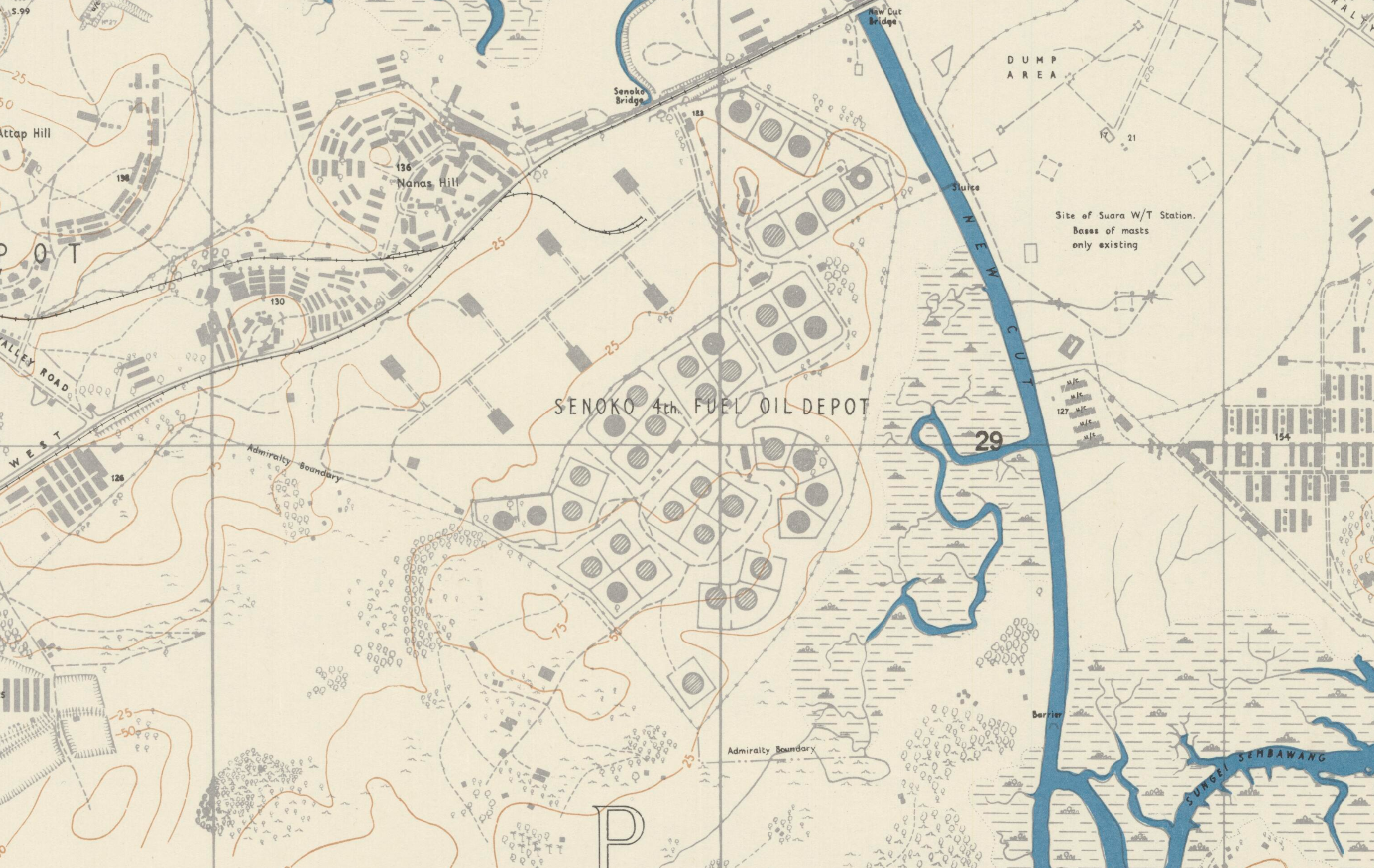The Singapore Maritime Trade Protection Strategy: 1921 and 2023
DOI:
https://doi.org/10.25071/2561-5467.1238Keywords:
Singapore strategy, Singapore Naval Base, Royal Navy, Corbett, oil-fired fleetAbstract
Current historiography of the rebalancing of the British Empire’s global strategy in the 1920s is incomplete. Their strategy was built on protecting Imperial global maritime trade, itself based on returning global mobility to the fleet and building a fleet base at Singapore to block Japanese fleet entry into the Empire’s demographic heartland of the Indian Ocean. This was a Corbettian seapower strategy, now obscured by the events of 1941-42. This article examines the nature of the Singapore strategy as it was developed to allow a new oil-fired fleet to operate as globally as the pre-war coal-fired fleet.
L’historiographie actuelle du rééquilibrage de la stratégie mondiale de l’Empire britannique dans les années 1920 est incomplète. Cette stratégie reposait sur la protection du commerce maritime mondial impérial, lui-même fondé sur le rétablissement de la mobilité de l’escadre à l’échelle mondiale et la construction à Singapour d’une base pour l’escadre visant à bloquer l’entrée de l’escadre japonais au cœur démographique de l’Empire de l’océan Indien. Il s’agissait d’une stratégie corbettienne en matière de puissance maritime, ayant été depuis éclipsée par les événements de 1941-1942. Le présent article porte sur la nature de la stratégie de Singapour telle qu’elle a été élaborée pour permettre à un nouvel escadre alimenté au mazout d’exercer ses activités à l’échelle mondiale tout comme le faisait l’escadre alimenté au charbon d’avant la guerre.
References
Anonymous. “The Defence of Trade.” The Naval Review XV, no. .4 (November 1927): 833-839.
Bell, C.M. The Royal Navy, Seapower and Strategy Between the Wars. Standord: Stanford University Press, 2000. DOI: https://doi.org/10.1057/9780230599239
Center for Strategic & International Studies. “How Much Trade Transits the South China Sea?” China Power, n.d., https://chinapower.csis.org/much-trade-transits-south-china-sea/.
Cheng, D. “China’s ‘Blue Soil.’” War on the Rocks, 2 August 2013. https://warontherocks.com/2013/08/chinas-blue-soil/.
Colonel Lord Sydenham of Combe. “The Singapore Naval Base.” The Naval Review XIII, no. 3 (August 1925): 463-469.
Corbett, Sir J. Some Principles of Maritime Strategy. London: Longmans, Green & Co., 1911.
Dewar, Captain A.C. “British Trade and Maritime Strategy in the Far East.” The Naval Review XII, no.1, (February 1924): 634-641.
Fayle, G.E. Official History of the Great War, Seaborne Trade, Vol III: The Period of Unrestricted Submarine Warfare, facsimile edition. Nashville: Battery Press, 1997.
Field, A. Royal Navy Strategy in the Far East 1919-1939: Preparing for War against Japan. London: Frank Cass, 2004. DOI: https://doi.org/10.4324/9780203499344
Gray, S. Steam Power and Sea Power: Coal, the Royal Navy, and the British Empire, c. 1870-1914. London: Palgrave MacMillan, 2018. DOI: https://doi.org/10.1057/978-1-137-57642-2
Hattendorf, J.B. “Mahan is not Enough: Conference Themes and Issues.” In Mahan is not Enough: the proceedings of a conference on the works of Sir Julian Corbett and Admiral Sir Herbert Richmond. Eds. J. Goldrick and J.B. Hattendorf. Newport: Naval War College Press, 1993. 7-12.
Jefford, Wing Commander C.G. RAF Squadrons, a Comprehensive Record of the Movement and Equipment of all RAF Squadrons and their Antecedents since 1912. Shrewsbury: Airlife Publishing, 1988.
Kennedy, P. The Rise and Fall of British Naval Mastery. London: Penguin, 2004.
Lambert, A. The British Way of War: Julian Corbett and the Battle for a National Strategy. New Haven: Yale University Press, 2021. DOI: https://doi.org/10.12987/9780300262421
Lambert, N.A. Planning Armageddon: British Economic Warfare and the First World War. Cambridge: Harvard University Press, 2012. DOI: https://doi.org/10.2307/j.ctt24hj4f
McIntyre, W.D. The Rise and Fall of the Singapore Naval Base, 1919-1942. London: McMillan, 1979.
Ranft, B. (ed). The Beatty Papers: Selections from the Private and Official Correspondence and Papers of Admiral of the Fleet Earl Beatty. Naval Records Society: Scolar Press, 1993.
Richmond, Admiral Sir H.W. Imperial Defence and Capture at Sea. London: Hutchison & Co., 1932.
Roskill, S. Naval Policy Between the Wars Volume 1. London: Collins, 1968.
Trading Economics. “Australia Imports by Country.” Trading Economics, n.d., https://tradingeconomics.com/australia/imports-by-country
Yeates, Ian. “Admiral Jellicoe Goes to Sea: The Naval Mision and the Ambition for an “Imperial Royal Navy.” The Northern Mariner/Le marin du nord 33, no. 1 (2023): 43-80, https://doi.org/10.25071/2561-5467.1082. DOI: https://doi.org/10.25071/2561-5467.1082

